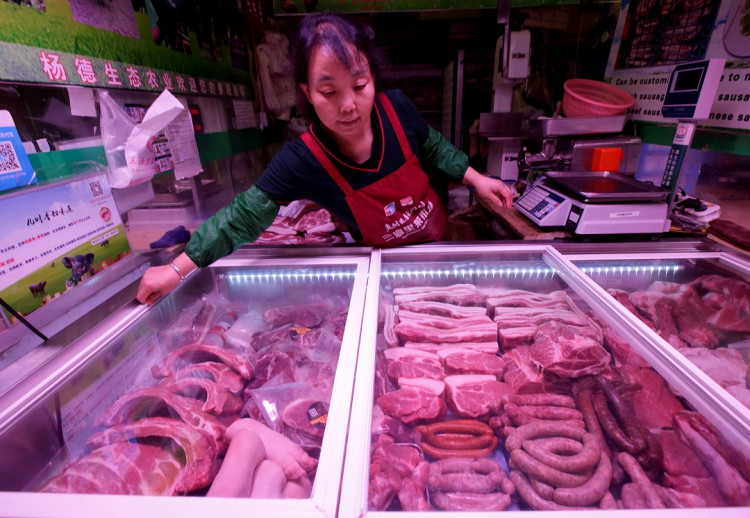China's central government is ramping up its efforts to impose new measures aimed at stabilizing the prices of key farm products. The move was a direct response to the continually rises prices of these products at a pace never seen in over eight years. China has also been pressured by industry players who have called on the government to intervene and to come up with a long-term solution to protect the country's farmers.
Following the conclusion of an executive meeting last week, China's Cabinet revealed that it should be introducing additional measures aimed at restoring the country's hog production. These measures will include several rules that will get rid of the unjustified bans on smaller pig farms.
The meeting was the fourth of its kind in the last three months. The country's Cabinet has continually been trying to come up with possible solutions to address China's continually surging pork prices brought about by the spread of African swine fever. The disease has significantly devastated China's pork industry, resulting in the deaths of millions of hog herds, driving pork prices upwards.
According to the country's National Bureau of Statistics, the consumer price index had risen by over 3.8 percent year-on-year for October. The bureau mentioned in a statement on Saturday that it expects prices to continue to climb. The overall price of other meats and produce has risen due to the steep climbs in pork prices, which had more than doubled year-on-year last month.
The consumer price index, which is a major gauge of inflation, was pushed up by the increased prices of pork, which contributed around 2.43 percent to the overall growth. This spilled over to the prices of mutton, chicken, and beef throughout the country. As of Friday last week, the Ministry of Agriculture and Rural Affairs had pegged the wholesale price of pork to around 51.18 yuan or $7.31 per kilo.
Chinese Premier Li Keqiang stated during the recent meeting that the country will have to find a way to stabilize commodity prices as it will ensure the country's overall macroeconomic stability. One of the solutions that were agreed upon during the meeting was to take steps to boost the production of other types of meats. The Cabinet also decided that it might need to tap into its food reserves to stabilize the prices of other farm produce.
Additionally, the Cabinet also called on local government bodies to activate their mechanisms, which includes providing social assistance and subsidies to farmers. Industry experts have mentioned that one of the major concerns expressed by pork producers has been the uncertainty of government policies and the lack of consistency in the implementation of existing rules. Experts hope that the government will realize its shortfalls and immediately impose measures to address them.






